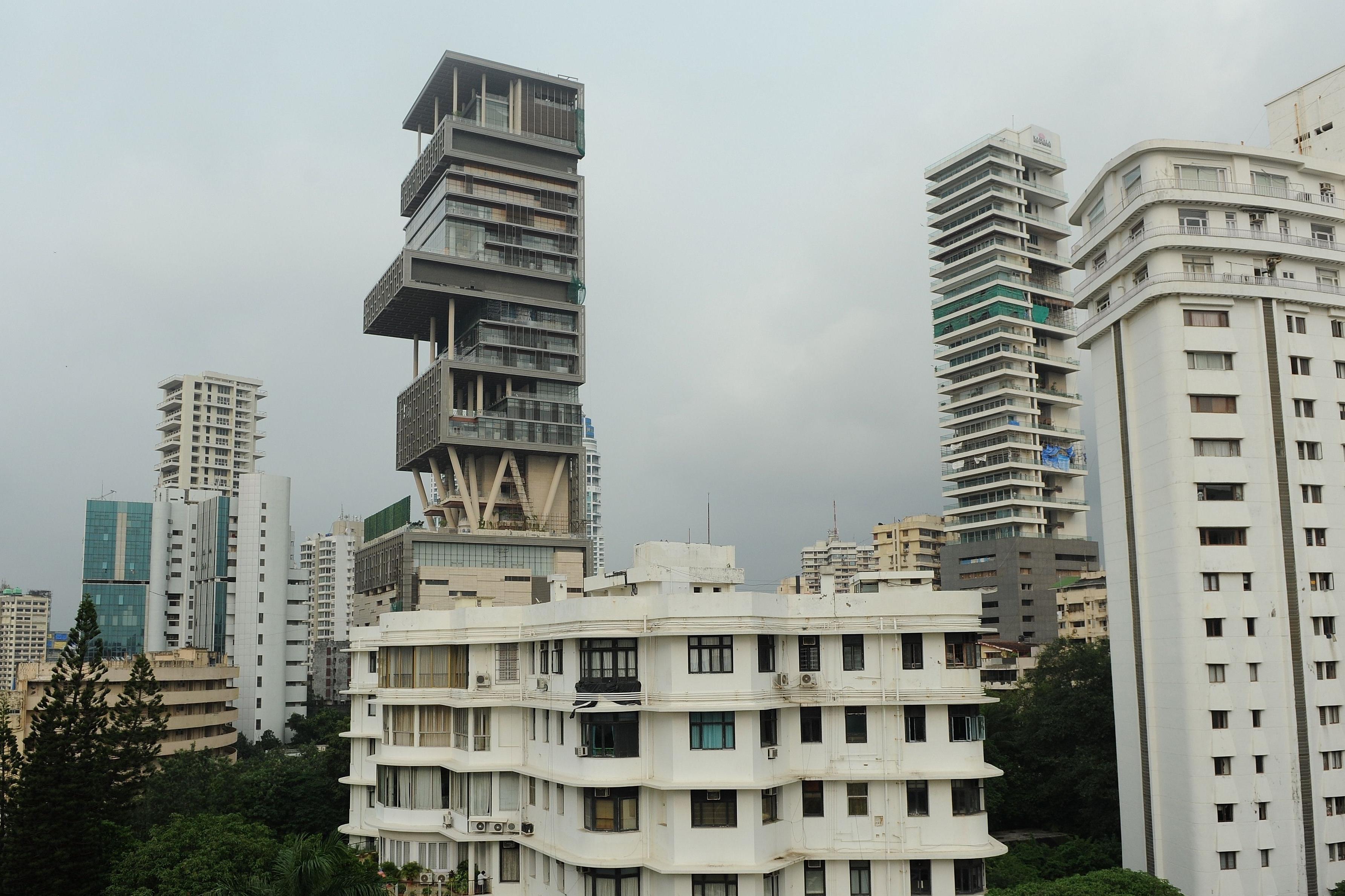Mukesh Ambani with wife Nita, 2019.
© 2019 Bloomberg Finance LP
Mukesh Ambani, India’s richest man, rules over Reliance Industries, a conglomerate that saw $61 billion in sales over the last year with branches that extend across the Indian economy. Businesses include plastics and petrochemicals made in the world’s largest refinery complex in Gujarat State, as well as Jio, India’s largest mobile telecom provider, with 420 million subscribers.
Reliance, the highest-ranking Indian company in Forbes’ Global 2000 list of the world’s largest public companies, made headlines in November by selling a third of Jio to a consortium including Facebook, Google, Intel and Robert F. Smith’s Vista Equity Partners, for more than $20 billion.
It’s quite a leap for a family business of modest founding. Mukesh’s father, Dhirubhai, launched the business in the early 1960s, starting with import and export licenses for nylon, rayon and polyester. In 1966, Reliance began making its own polyester under the Vimal brand. A long diversification followed. In the 1980s, Mukesh applied his chemical engineer training and Stanford business school studies to build polyester yarn plants in India. Dhirubai retired after a 1986 stroke.
Ambani, 64, masterminded the construction of what’s become the crown jewel of Reliance: the world’s biggest petrochemical refinery, at Jamnagar, in Gujarat state. It reportedly processes 1.24 million barrels of oil per day.
Ambani lives in a 27-story, 400,000 square foot tower in South Mumbai, with a six-floor car park. He also recently bought the iconic Stoke Park in London, where several James Bond films were shot, for $79 million. Forbes estimates his net worth at $73.8 billion.

Ambani’s 27-floor home in Mumbai features 400,000 square feet and a garage for 160 cars.
AFP via Getty Images
Though Reliance remains India’s largest company, it had a mixed year financially. While the company made losses in its oil and gas business last year owing to shortage in fuel demand due to the pandemic, growth was driven by Jio, their massive telecommunications subsidiary that was launched in 2015. On the Global 2000, Reliance climbed three spots among companies worldwide and is now ranked No. 55. Jio competitor Bharti Airtel, which now ranks at 725 globally, slipped 25 places from last year.
Among three newbies on the list, two of them—Indian Railway Finance Corp. and LIC Housing Finance—belong to the financial services sector, which is growing quickly in India. The third new entrant on the list was Ruchi Soya Industries, which manufactures edible oils.
Forbes

/https://specials-images.forbesimg.com/imageserve/609c9bbf7c01060ba8a824ff/0x0.jpg?cropX1=736&cropX2=3746&cropY1=18&cropY2=2024)
